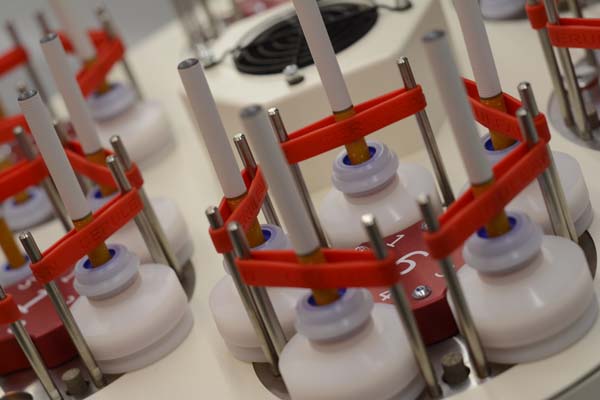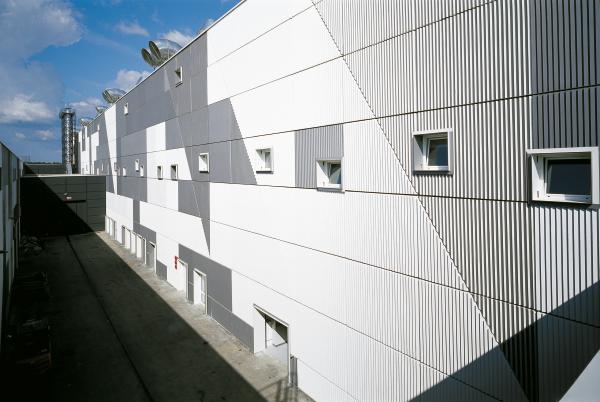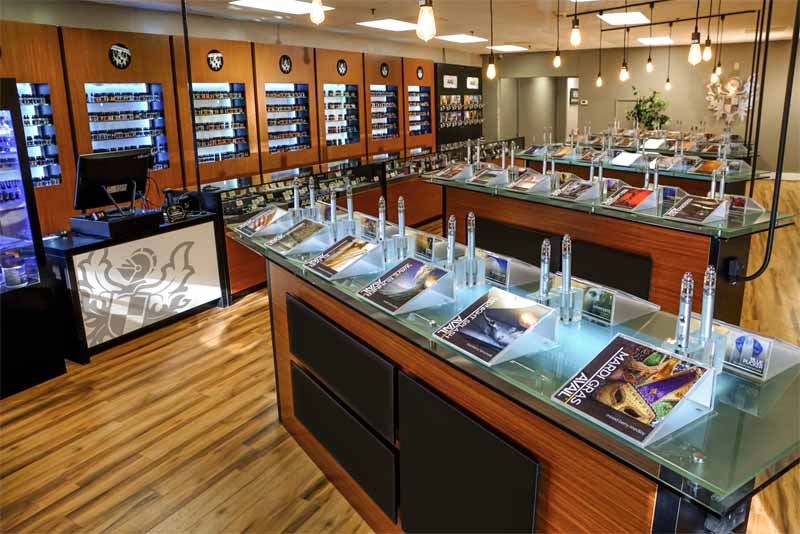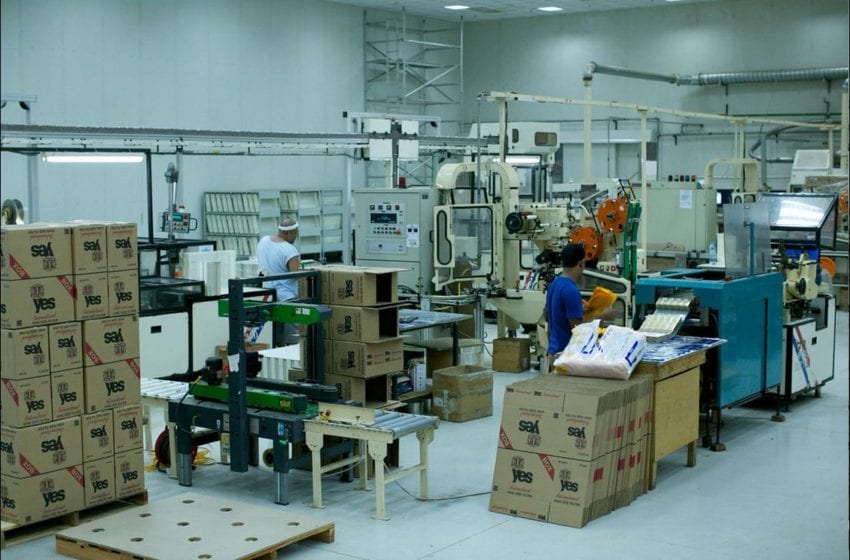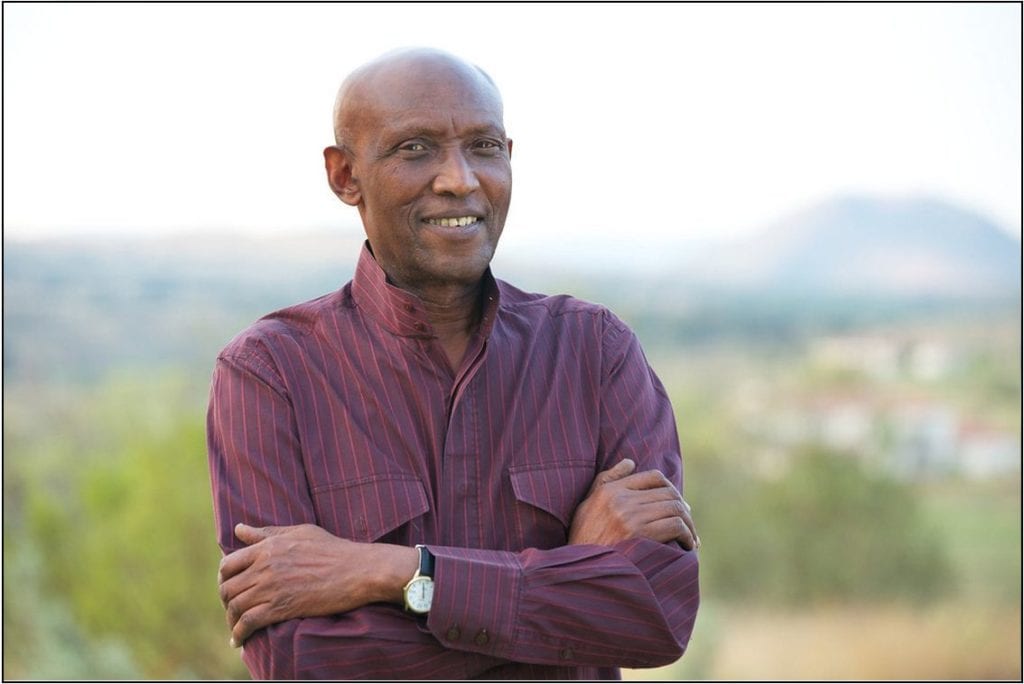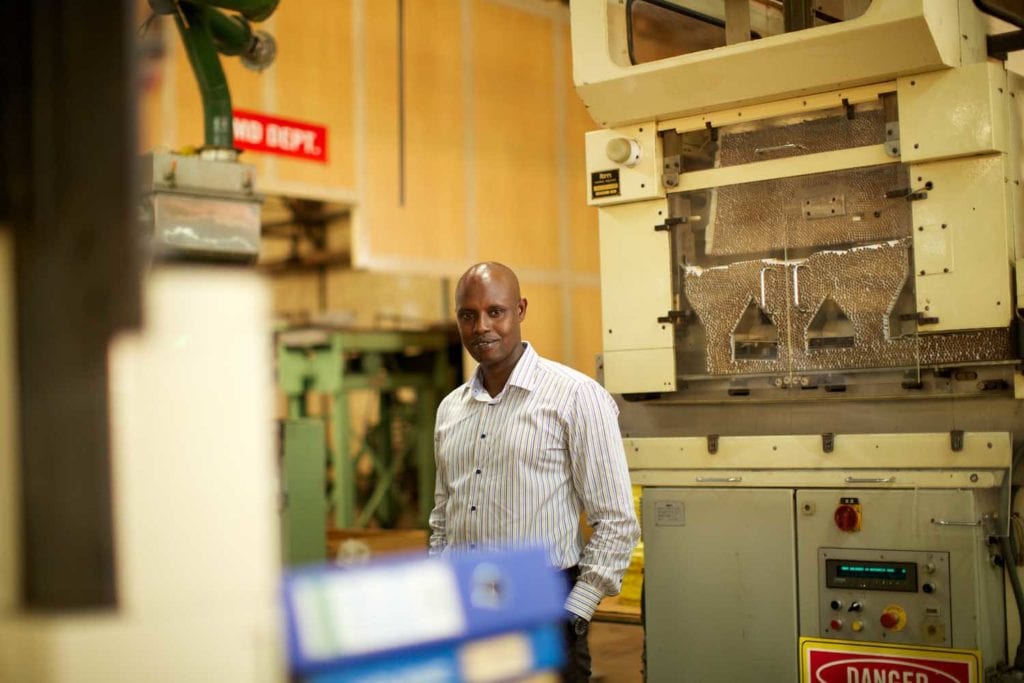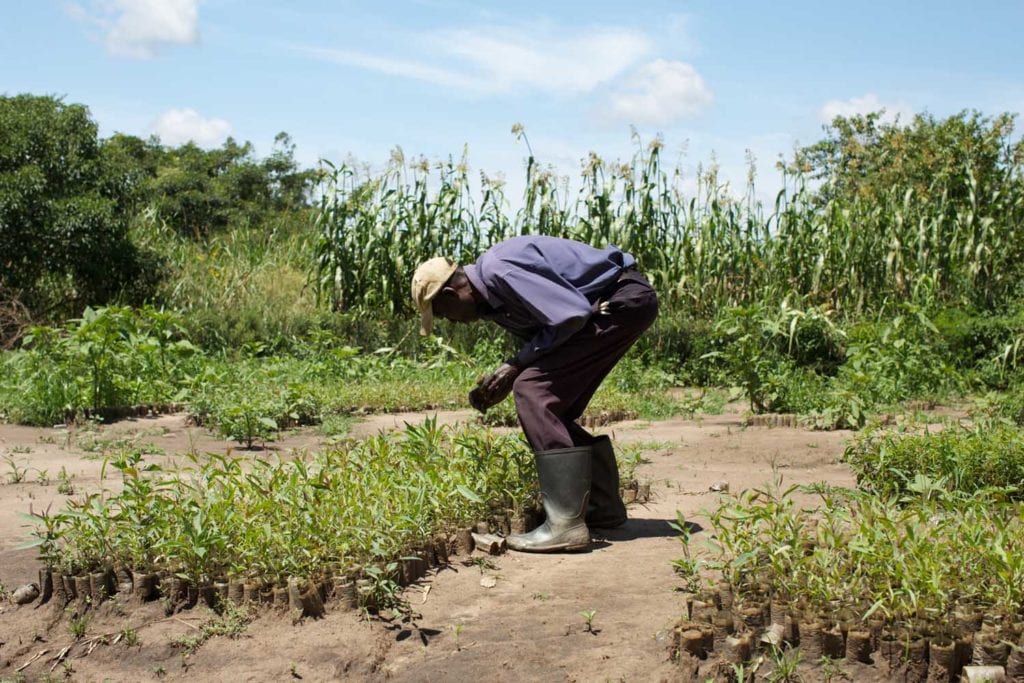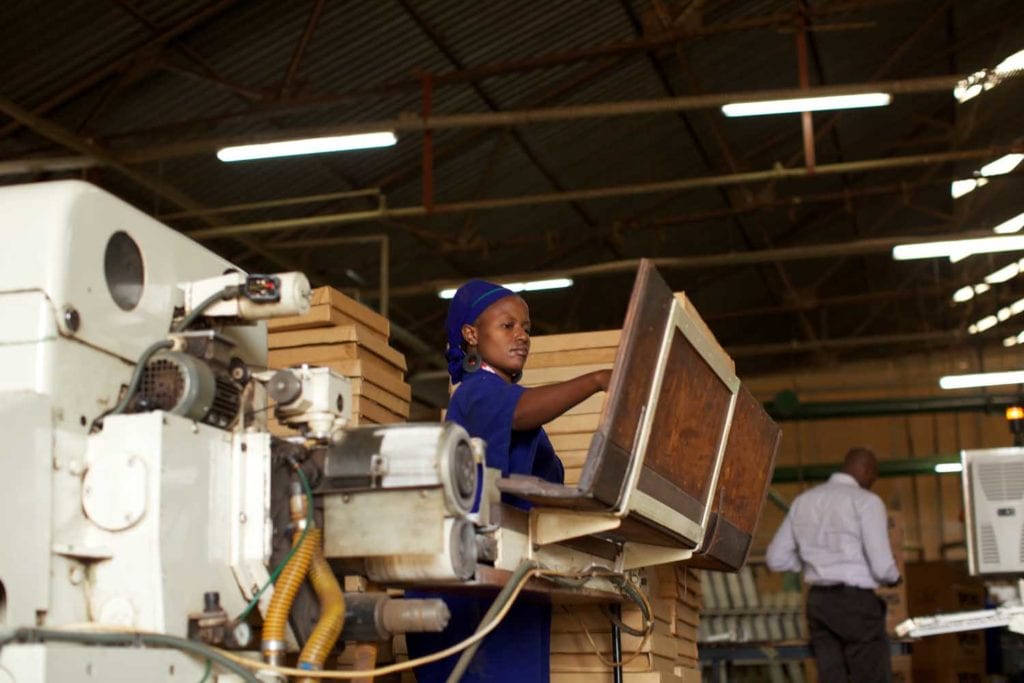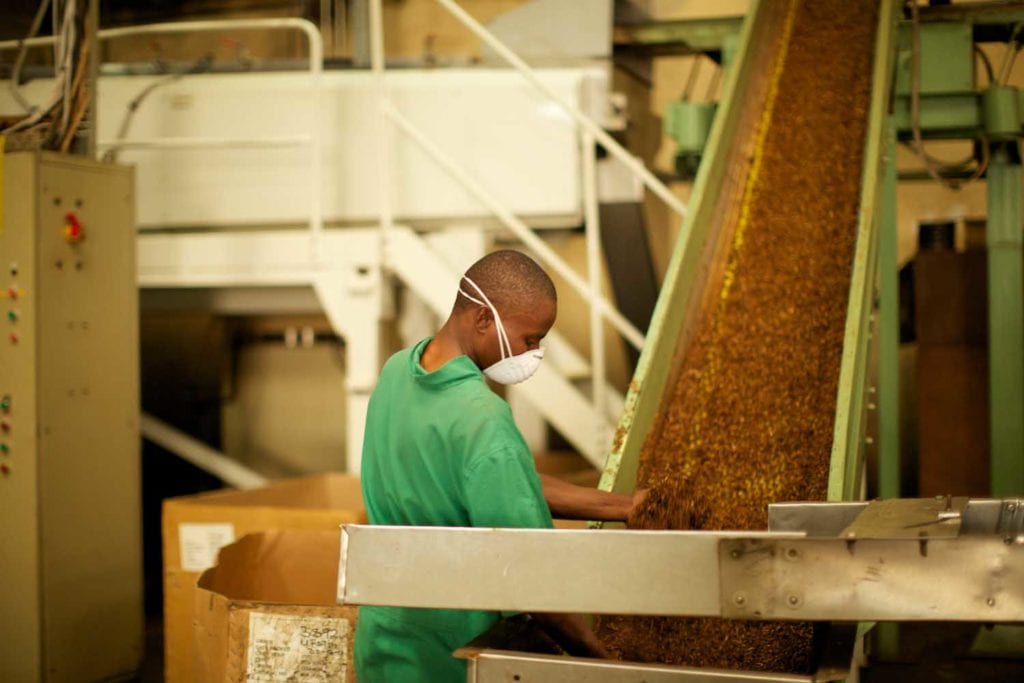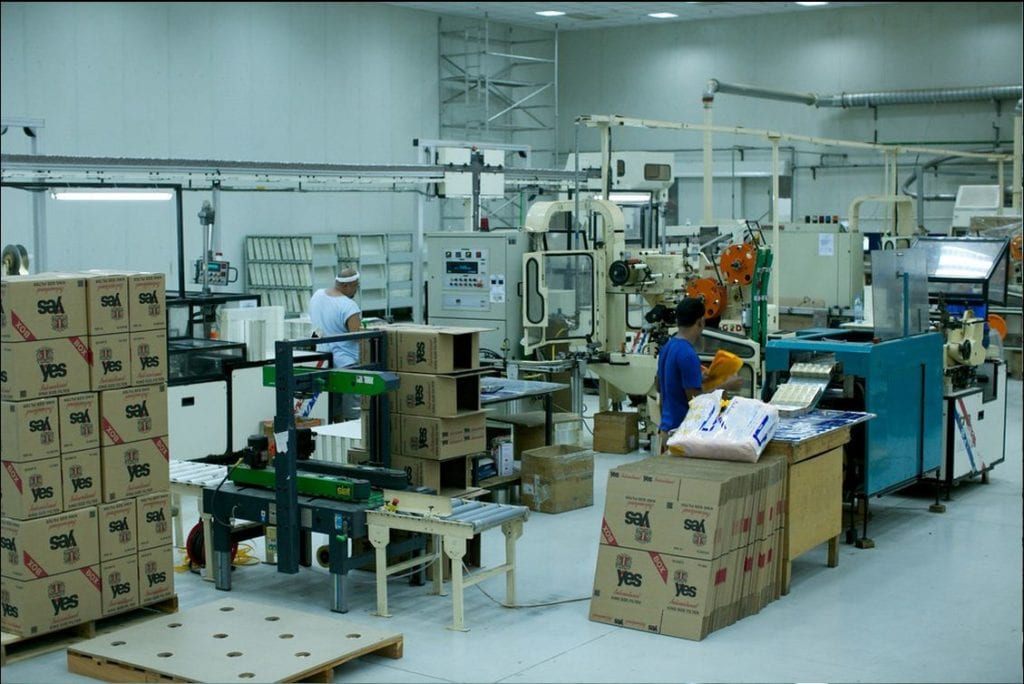
Turning Point Brands (TPB) and Standard Diversified (SDI) announced that the merger of SDI with and into Standard Merger Sub, a wholly owned subsidiary of TPB, closed on July 16, 2020.
Pursuant to the merger, each share of SDI’s Class A common stock and SDI’s Class B common stock issued and outstanding immediately prior to the effective time of the merger was converted into the right to receive 0.52095 shares of TPB’s voting common stock.
As a result of the merger, the SDI common stock has ceased trading on, and is being delisted from, the NYSE American.
“The transaction significantly improves the public float of our shares outstanding and eliminates the overhang of a controlling holding company structure,” said Bobby Lavan, TPB’s chief financial officer. “We are excited to welcome all of the new shareholders and thank our existing shareholders that participated in the related secondary offering.”


